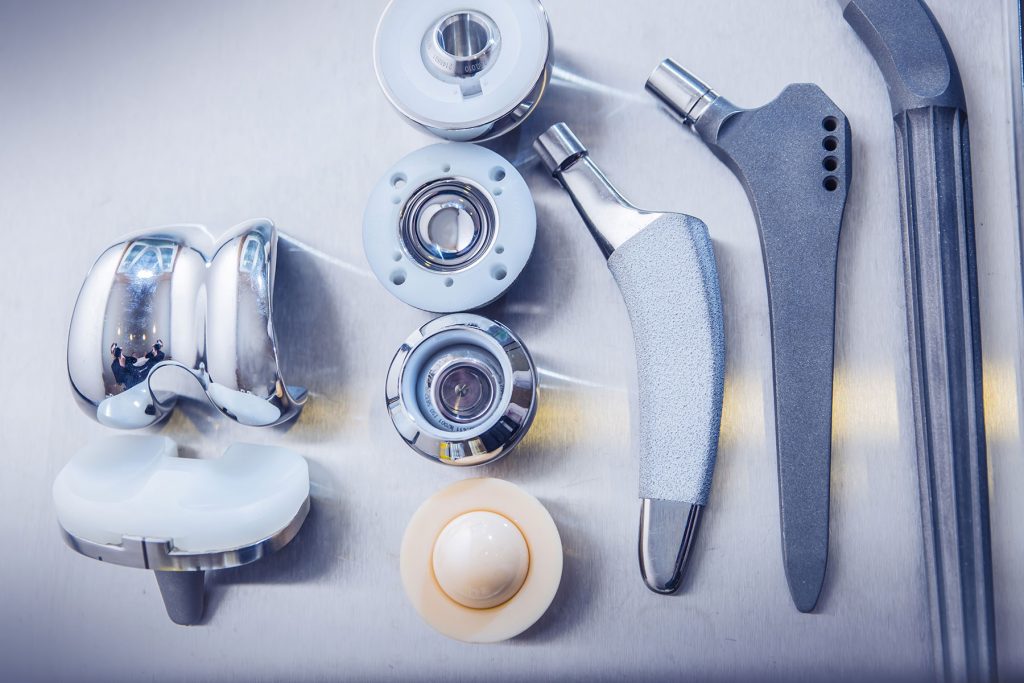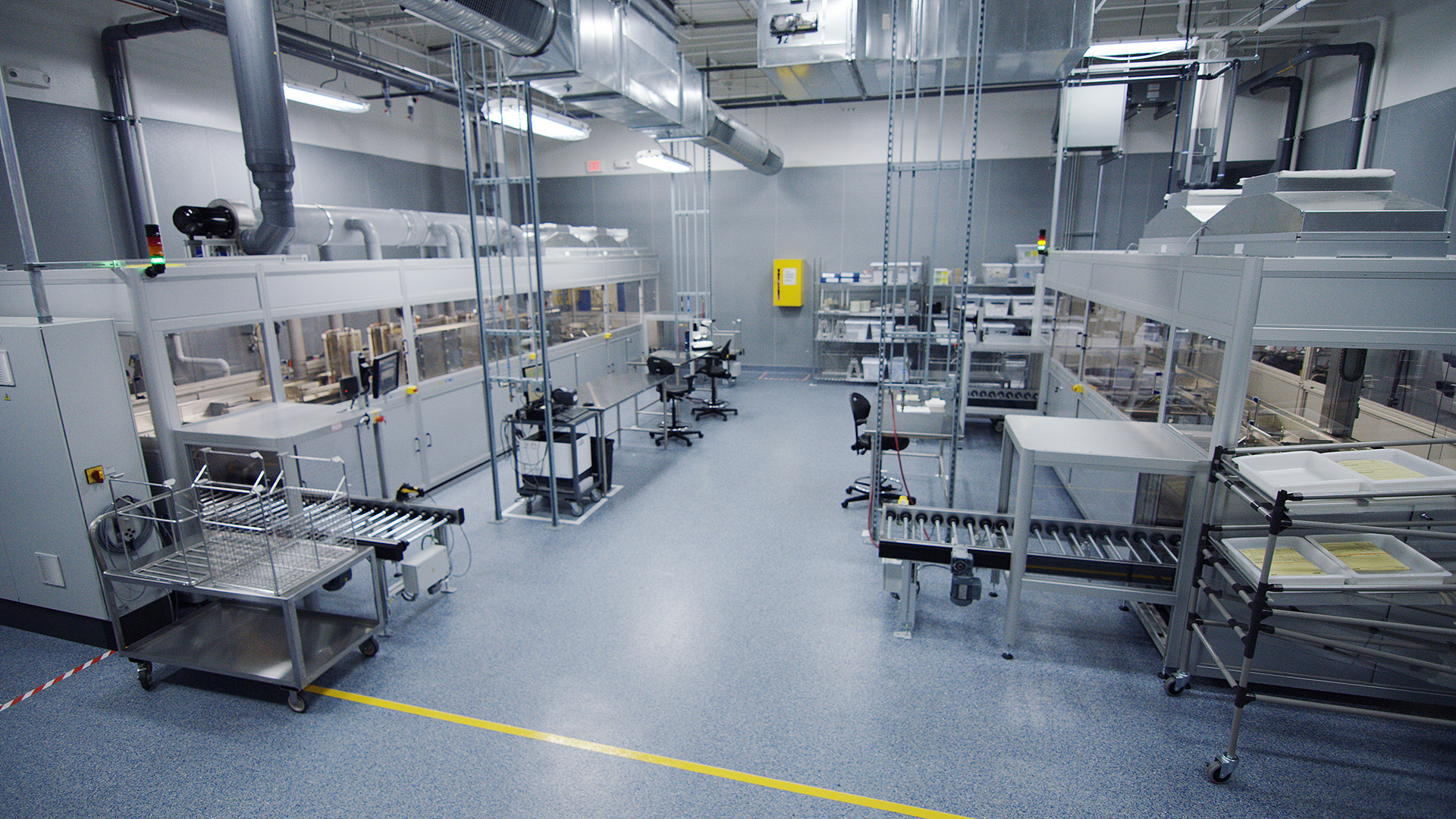Mastering Medical Device Parts Cleaning: Proven Methods for Precision and Compliance

In the medical device and instrumentation industry, precision cleaning is essential for quality assurance, operational efficiency, and regulatory compliance. Integrating advanced medical parts cleaning processes into manufacturing ensures product reliability, enhances technological progress, and provides a competitive edge.
This article explores:
- The challenges of cleaning intricate geometries and sensitive materials
- The importance of proper cleaning before citric acid passivation
- The role of modular ultrasonic systems and automation
- Compliance with FDA 21 CFR Part 11 and ISO 13485
- Advanced cleaning chemistries like Jayco Cleaning Solutions JC 400M and JC 5220M
By leveraging advanced cleaning technologies, manufacturers can ensure product excellence, reliability, and sustainability in a competitive market.
Why Precision Cleaning Matters for Medical Device Manufacturing
Beyond Contamination Removal
Precision cleaning is more than just eliminating dirt—it enables innovation by ensuring that complex devices and advanced materials function as designed. In the medical device industry, cleanliness is directly linked to patient safety and regulatory compliance.
Key Benefits of Precision Cleaning:
- Prepares surfaces for downstream processes – Ensures proper adhesion for treatments like citric acid passivation by removing organic and inorganic residues.
- Enhances product reliability – Prevents contamination-related failures that can compromise medical device performance.
- Ensures compliance – Meets strict standards set by ISO 13485, FDA, and other regulatory bodies.

Modular Ultrasonic Systems: Flexible and Scalable Cleaning Plus Passivation
Modular ultrasonic systems are a breakthrough in precision cleaning, offering flexibility and efficiency for medical device manufacturers. Passivation can also be added as a final step for parts like 316 stainless steel that require corrosion resistance treatment.
Why Choose Modular Ultrasonic Cleaning?
- Customizable – Adapts to different component sizes, shapes, and contamination levels.
- Scalable – Expands as production demands grow without disrupting workflows.
- Highly Effective – Uses high-frequency sound waves to clean intricate geometries like blind holes and microfeatures.
- Cost-Efficient – Reduces initial investment costs and allows for incremental upgrades.
The Power of Automation in Medical Parts Cleaning
Automation is transforming the way manufacturers handle precision cleaning. By reducing human error and ensuring repeatability, automated systems bring efficiency, consistency, and traceability to medical cleaning processes.
Key Benefits of Automated Cleaning:
- Precision and Consistency – Ensures uniform application of cleaning solutions for consistent results.
- Higher Productivity – Accelerates cleaning cycles, increasing throughput.
- Traceability – Sensors and monitoring systems provide real-time feedback and data logging.
- Labor Optimization – Frees skilled workers to focus on higher-value tasks, improving overall efficiency.
Regulatory Compliance: FDA 21 CFR Part 11 & Data Management
In medical device manufacturing, compliance with FDA 21 CFR Part 11 is critical. This regulation mandates secure, accurate, and traceable electronic records for cleaning processes.
How Advanced Cleaning Systems Ensure Compliance:
- Process Monitoring – Logs parameters like temperature, cycle times, and chemical concentrations.
- Traceability – Comprehensive records demonstrate adherence to regulatory requirements.
- Audit Readiness – Electronic logs simplify the audit process.
- Data Integrity – Secure systems prevent unauthorized access and maintain data accuracy.
Advanced Cleaning Chemistries for Medical Parts Manufacturing Soils
Jayco Chemical Solutions provides industry-leading chemistries designed for medical device cleaning and passivation.
Featured Cleaning Chemistries:
JC 400M – Non-Silicated Aqueous Solution
- Removes both organic and inorganic contaminants
- Free rinsing with no silicate residues
- Safe for sensitive materials, ensuring optimal performance
JC 5220M – Citric Acid Passivation Chemistry
- Enhances corrosion resistance of stainless steel components
- Ensures uniform surface preparation
- Works best when paired with proper pre-cleaning steps
Conclusion: Investing in Precision Cleaning for Long-Term Success
Precision cleaning is more than just a manufacturing step—it’s a strategic investment in product excellence, operational efficiency, and regulatory compliance.
By integrating:
- Modular ultrasonic cleaning systems
- Automation
- Advanced data management
- Specialized cleaning chemistries
Manufacturers can elevate their cleaning processes to meet the increasing demands of modern medical manufacturing. Addressing challenges like intricate geometries, sensitive materials, and sustainability ensures higher quality, greater reliability, and a long-term competitive advantage.
In an industry where every detail matters, precision cleaning is not just a choice—it’s a necessity for success.

